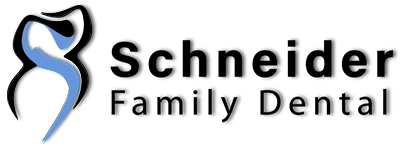IV Sedation
Having Anesthesia/Sedation for Dental Procedures
It is common for many patients to feel nervous or anxious about their dental procedures. We have extensive training to help with your anxiety which may include medications to make you feel more comfortable. By having a more relaxed patient we may be able to complete more of your dentistry in one appointment. This section will address the most commonly asked questions regarding anesthesia. The decision of which type of sedation/anesthesia is best for you will be determined during your consultation with our team.
What is Sedation and Anesthesia?
During Dental and oral surgical procedures local anesthesia (Novocain) is administered to block sensations. However, the anxiety that some people have can be controlled by administering sedative drugs, such as Valium type medications. A sedated patient may remember the procedures, but will be more relaxed.
How is the Medication Administered?
The sedative and anesthetic medications are typically given intravenously (IV). Since the effects are so rapid by this means of administration, we can precisely give the correct amounts of the medications to make you relaxed and comfortable. Also, if more medications are needed during the procedure, the IV allows easy administration of additional medications.
How am I Monitored During the Procedure?
Depending on the depth of the sedation and anesthetic being used, as well as your own medical condition, various monitors are used. These vary from automatic blood pressure cuffs, to the use of pulse oximeters which through a light sensor measure the oxygen concentration in your blood.
Is Anesthesia Safe?
The use of sedation and anesthesia in dentistry has a commendable record of safety. This is due to the advanced training offered in sedation dentistry. It is important to advise our staff of all medications that you take as well as any changes in your health since your last visit.
In Ohio, a conscious sedation permit is required to administer intravenous medications. The ability to handle emergency situations (Advanced Cardiac Life Support Certification) as well as having specific emergency medications and equipment is also mandatory.




